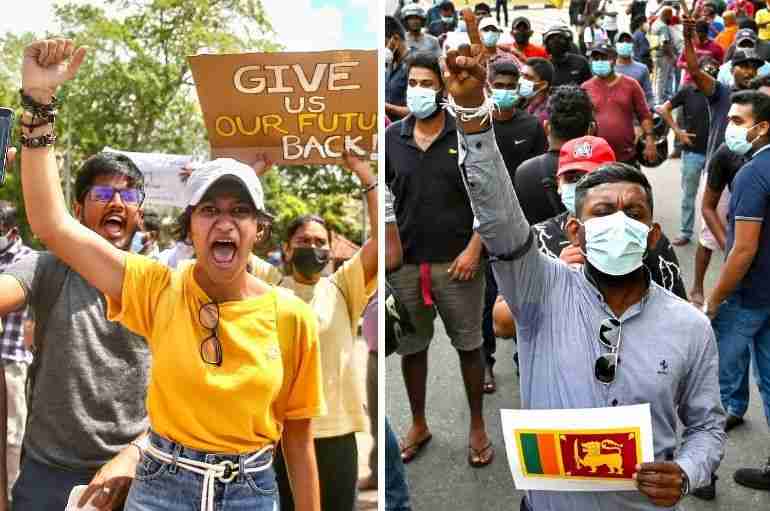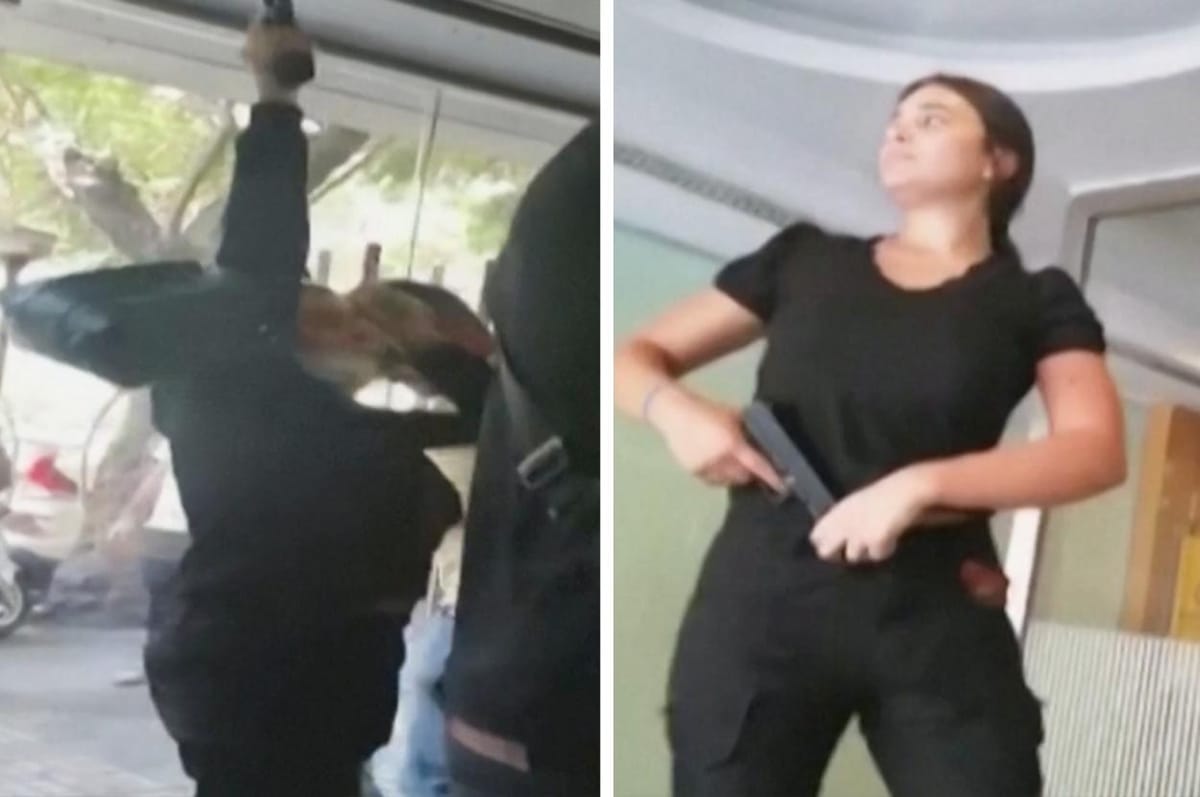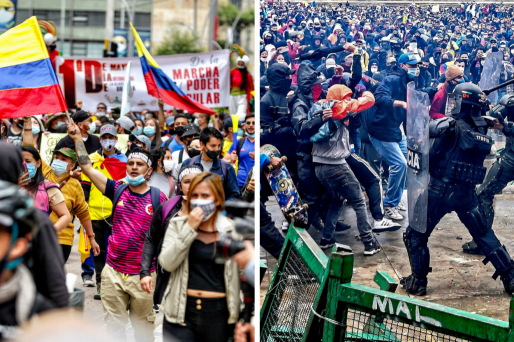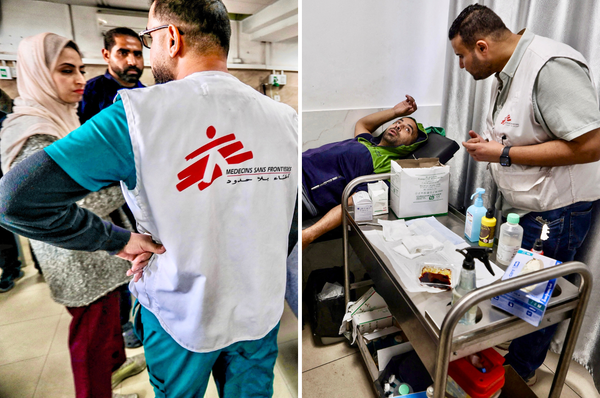Inside The Youth-Led Tax Protests Rocking Kenya
The bill had initially proposed adding tax to essential items such as bread, cooking oil, the internet, motor vehicles, transferring money, plastic products and diapers and sanitary pads.
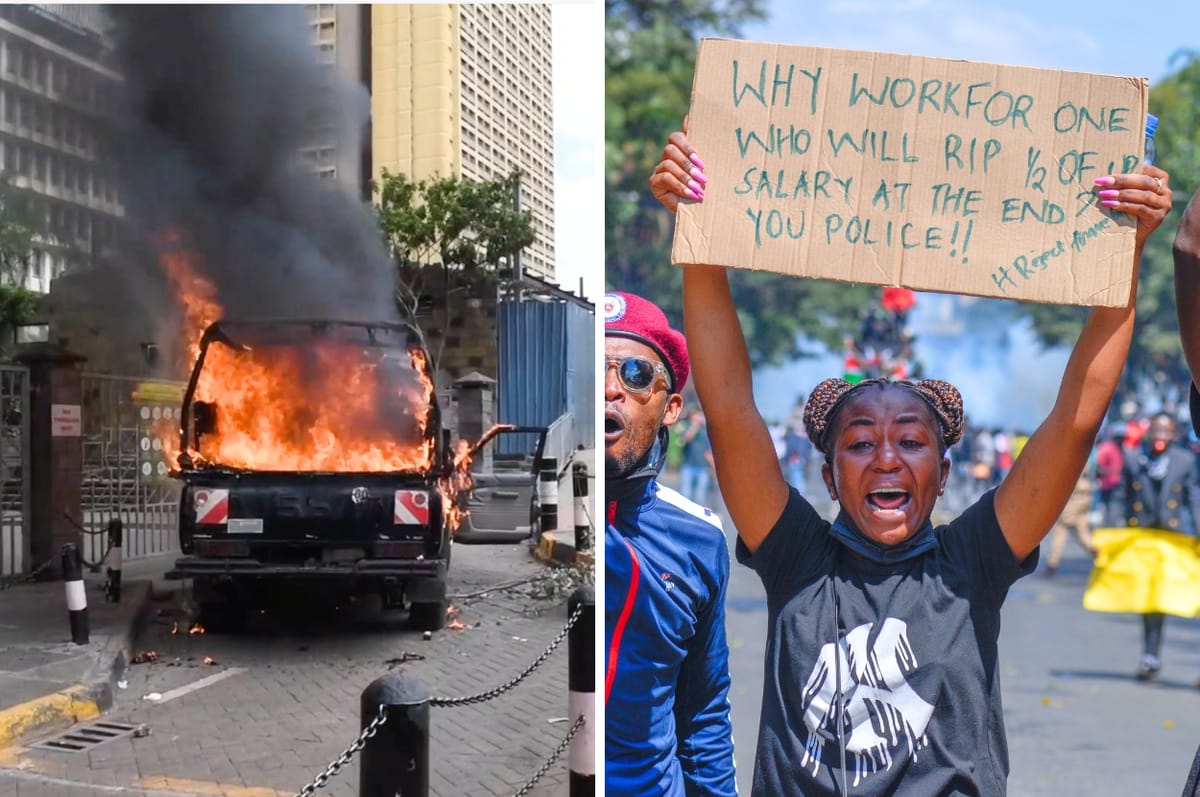
Following massive protests-led by young people, the Kenyan president has withdrawn a controversial bill that would have increased taxes on several essential items.
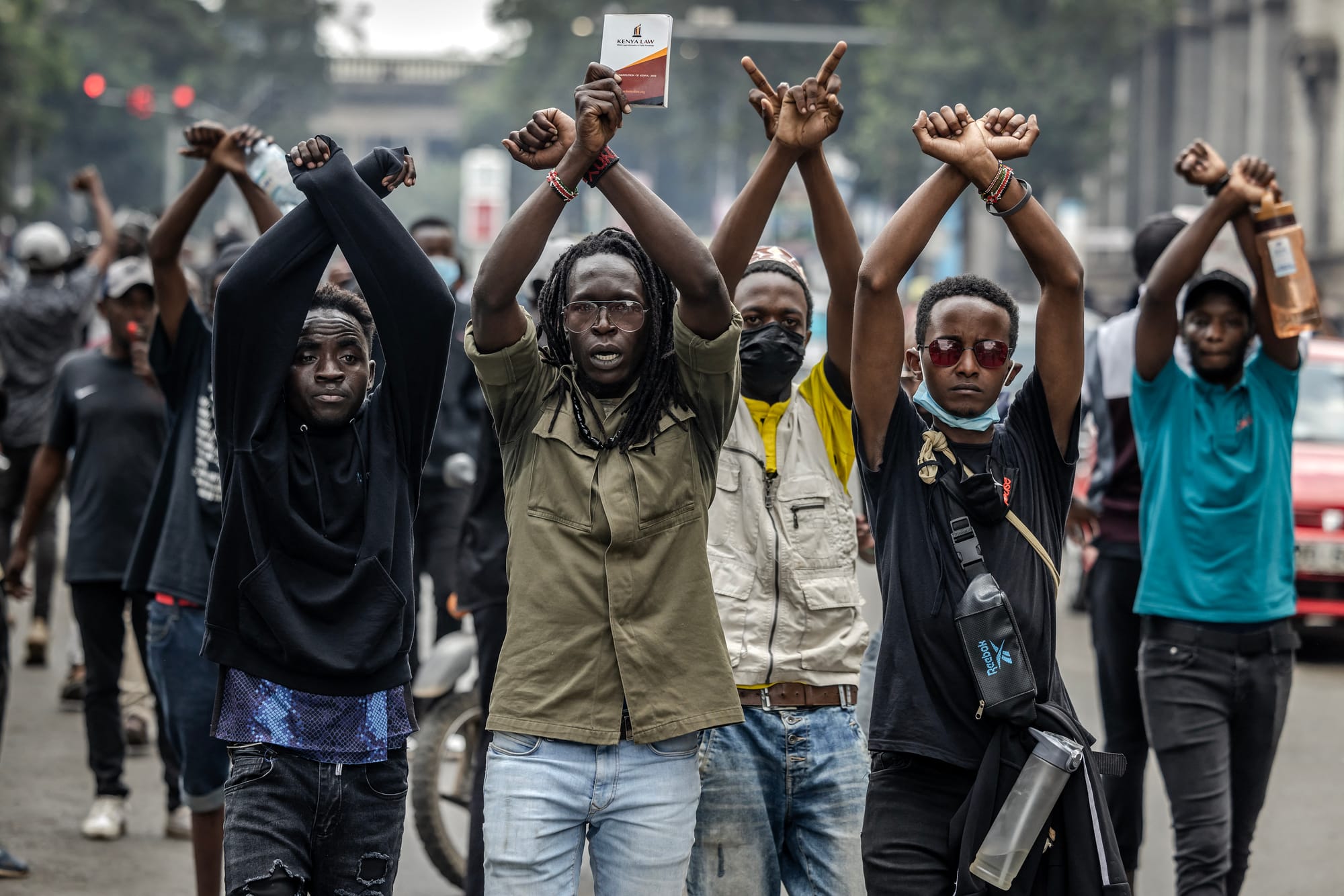
The bill, which was revealed on June 18, had initially proposed adding tax to essential items such as bread, cooking oil, the internet, motor vehicles, transfering money, plastic products and diapers and sanitary pads.
Some of the measures, including taxes on bread, were later scrapped after young Kenyans started holding protests, saying the cost of living will rise.
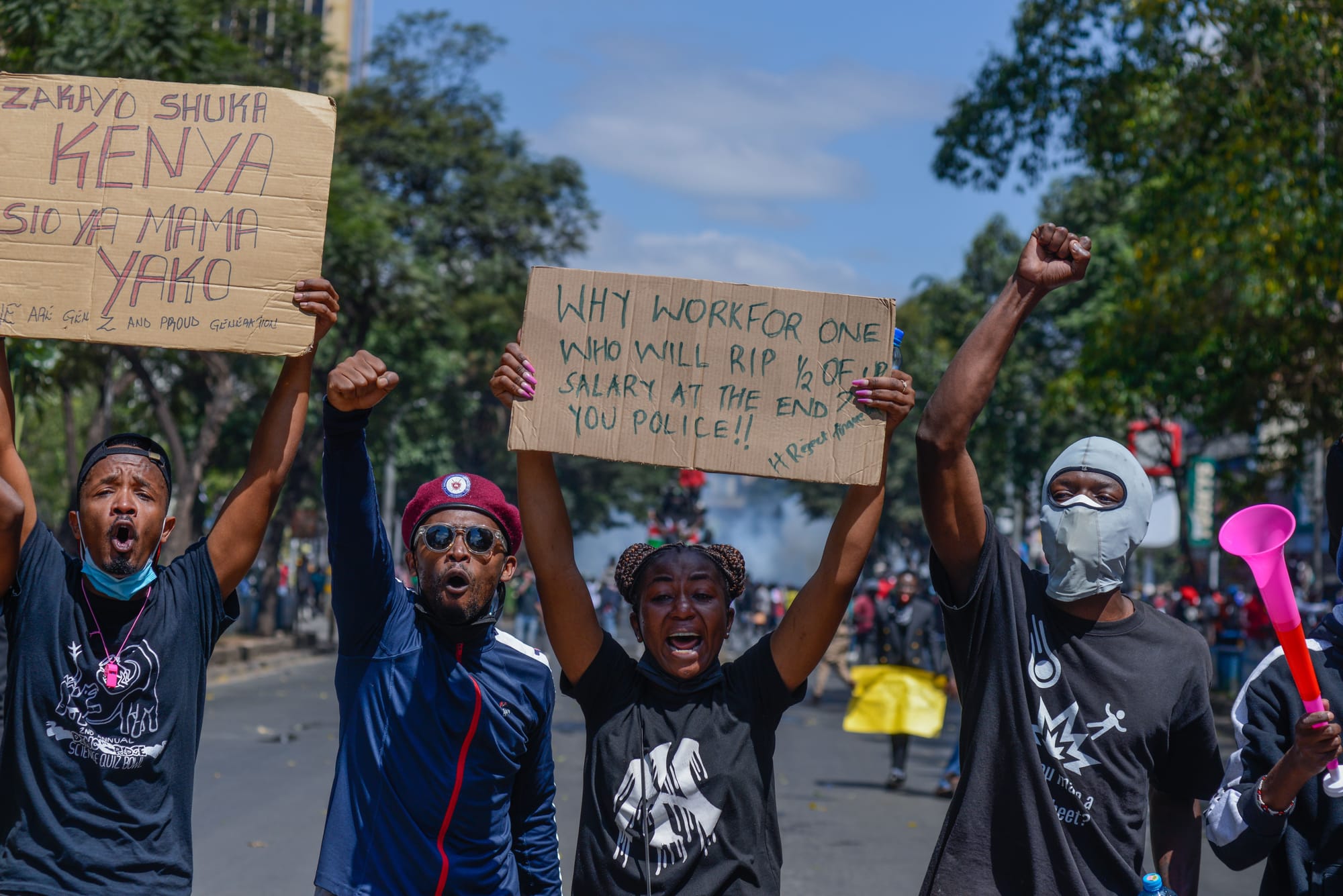
The government had argued that increasing taxes on various items would have helped the country pay its national debt and fund government programs
Protests were mainly held in Kenya’s capital Nairobi, but spread across the country.
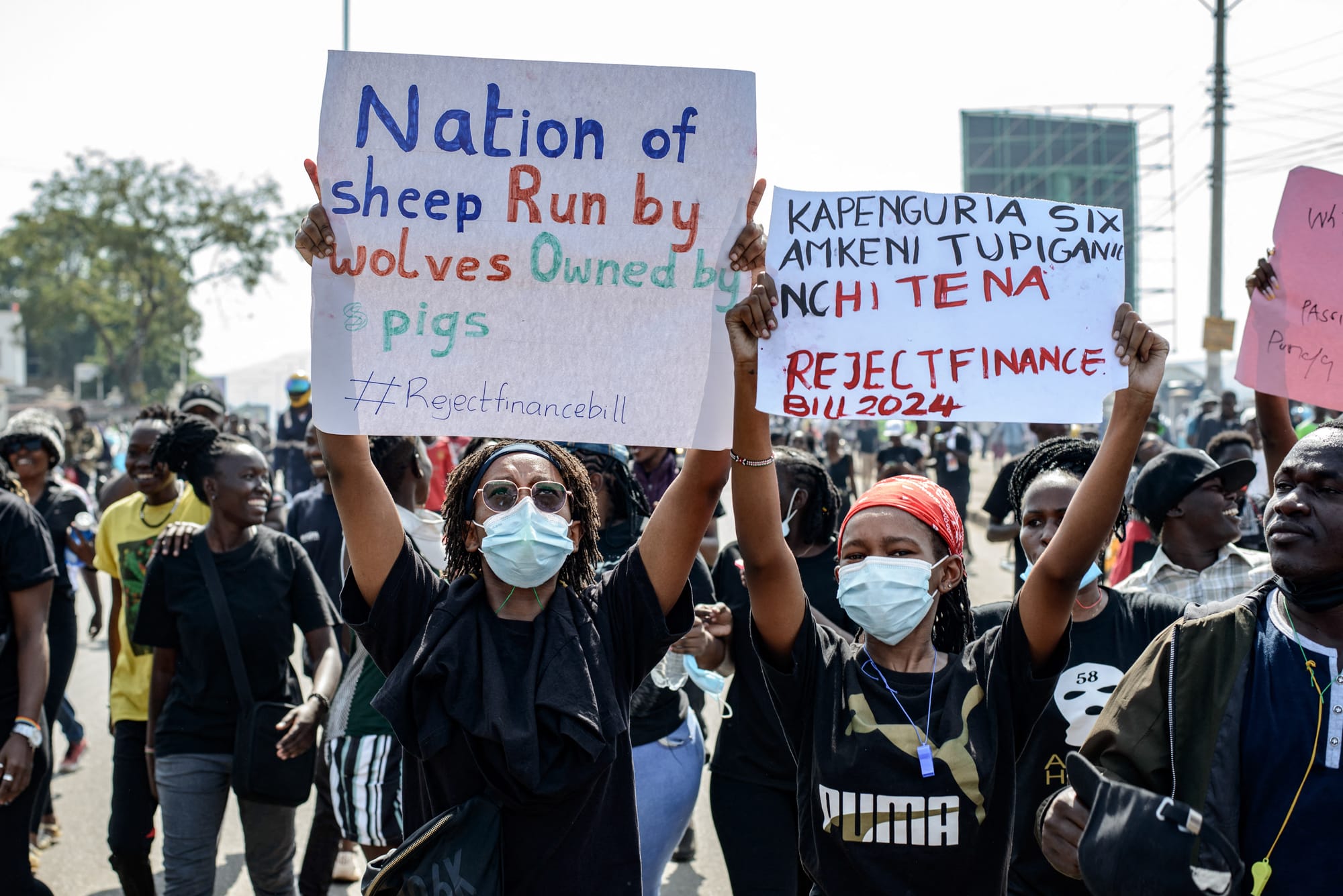
As lawmakers voted on the bill on Tuesday June 25, protesters – who had been taking to the streets for a week – stormed the parliament and burned part of the building in the most direct assault on the government in decades, according to AP.
Police opened fire after tear gas and water cannons failed to disperse the crowds, according to Reuters.
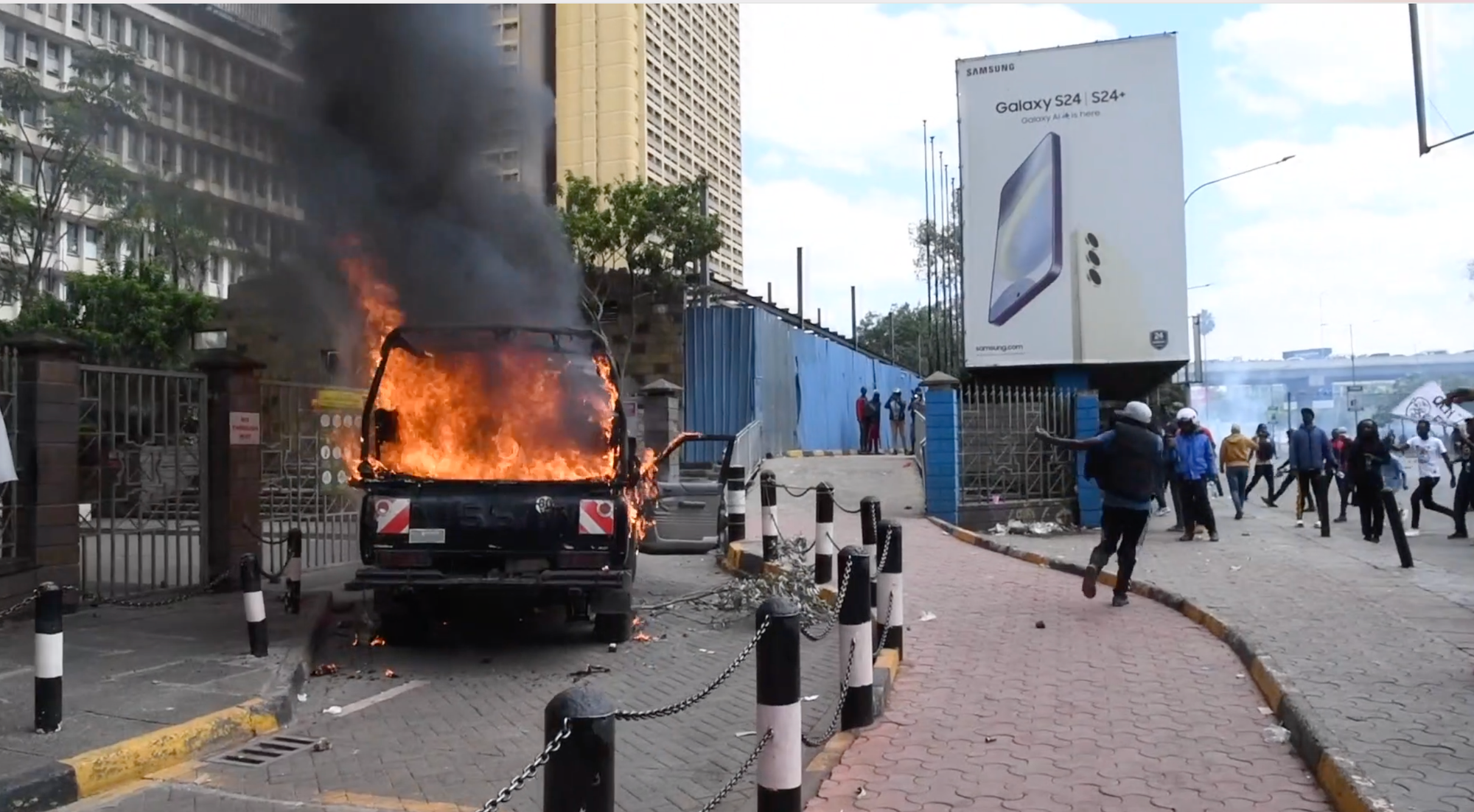
The Kenya Medical Association said that at least five people died after they were shot, and that more than 30 people had been injured, including 13 people who were hit by live bullets.
A hospital in Nairobi said it had received 45 casualties, according to AP.
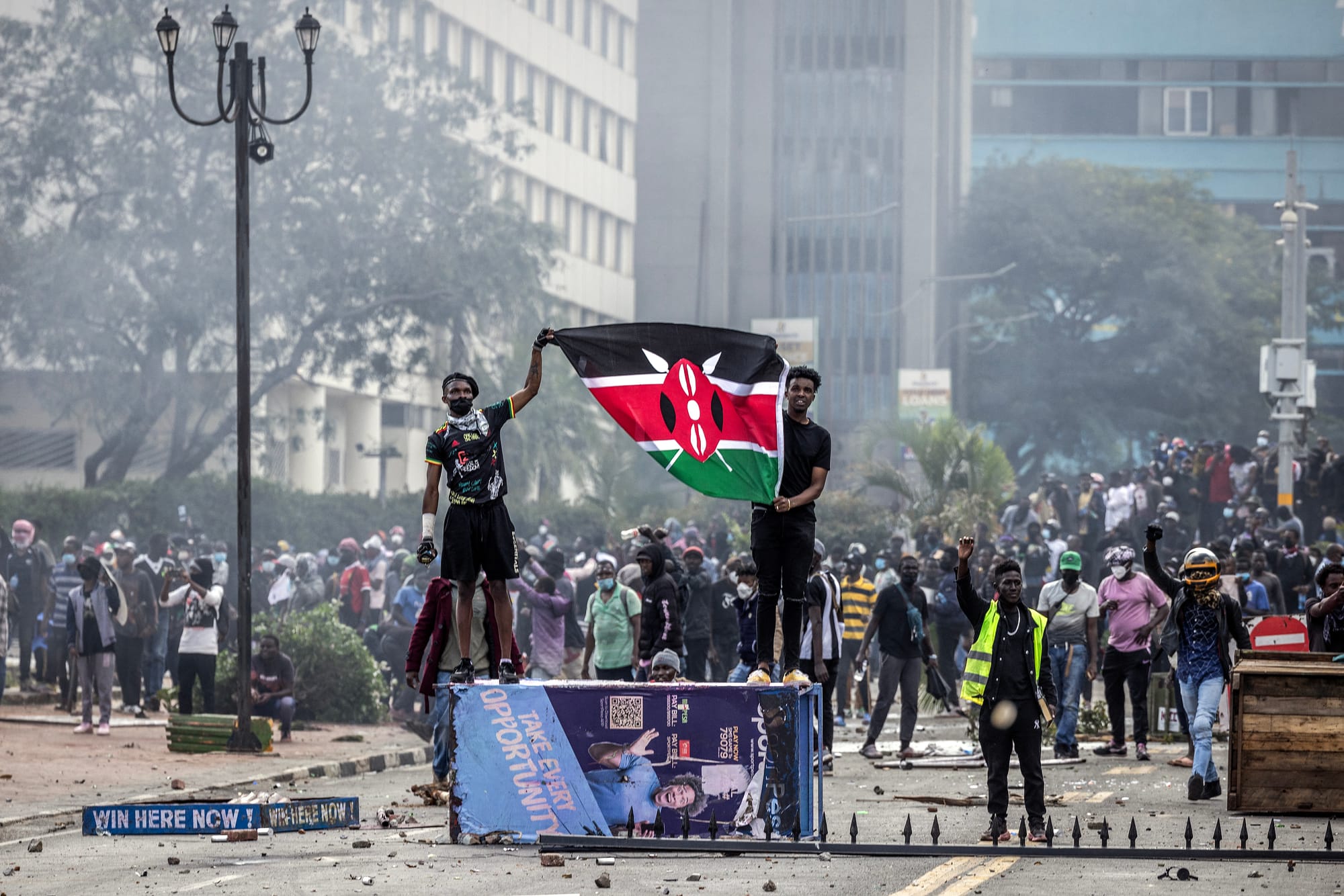
Meanwhile, the human rights group Kenya Human Rights Commission and the Police Reforms Working Group reported that at least 12 people were abducted or arbitrarily arrested for their involvement in the protests.
Following the demonstration on Tuesday, Ruto had initially vowed a crackdown and deployed the military against protesters, saying they were “treasonous” and trying “to undermine security and stability”.
As lawmakers voted on the bill on Tuesday June 25, protesters – who had been taking to the streets for a week – stormed the parliament and burned part of the building in the most direct assault on the government in decades, according to AP.
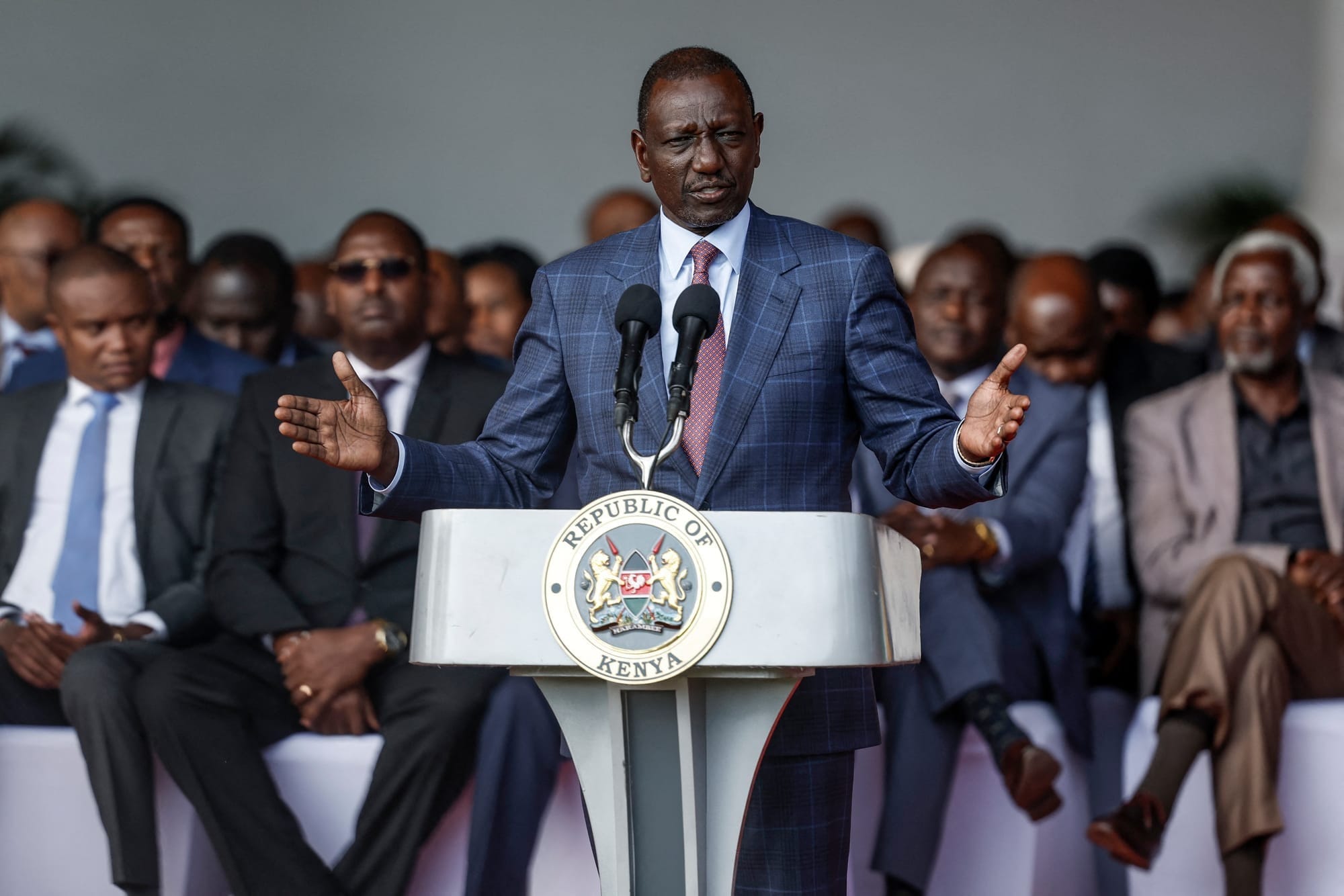
"It is not in order, or even conceivable, that criminals pretending to be peaceful protesters can reign terror against the people..." he said.
However, Ruto later announced on Wednesday June 26 that he “concedes” and therefore will not sign the bill into law.
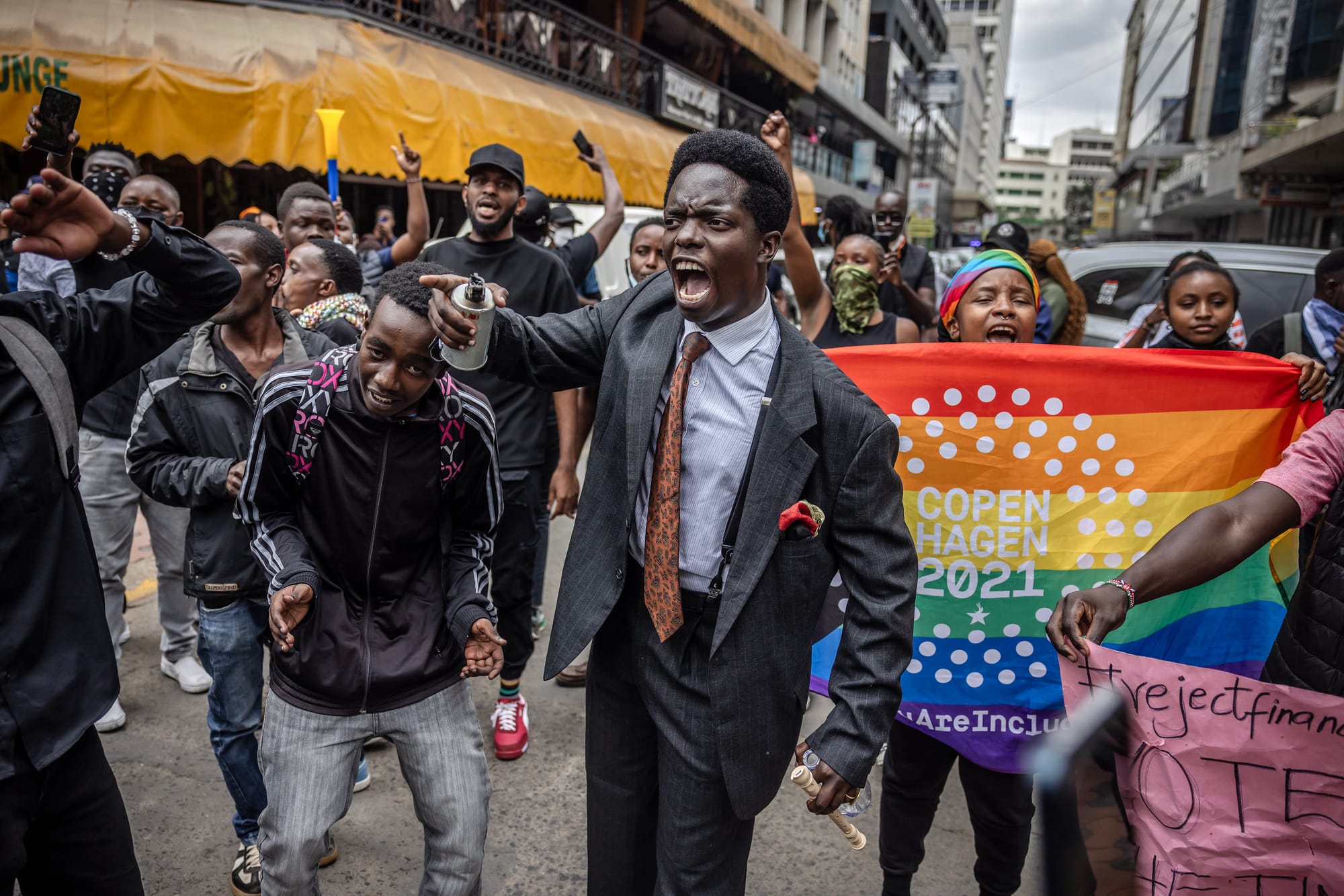
He said that had heard the people of Kenya “who have said loudly that they want nothing to do with this finance bill 2024”, adding that the deaths were “very unfortunate”.
Ruto said the bill will be withdrawn and he will start a dialogue with young people in Kenya but did not give details.
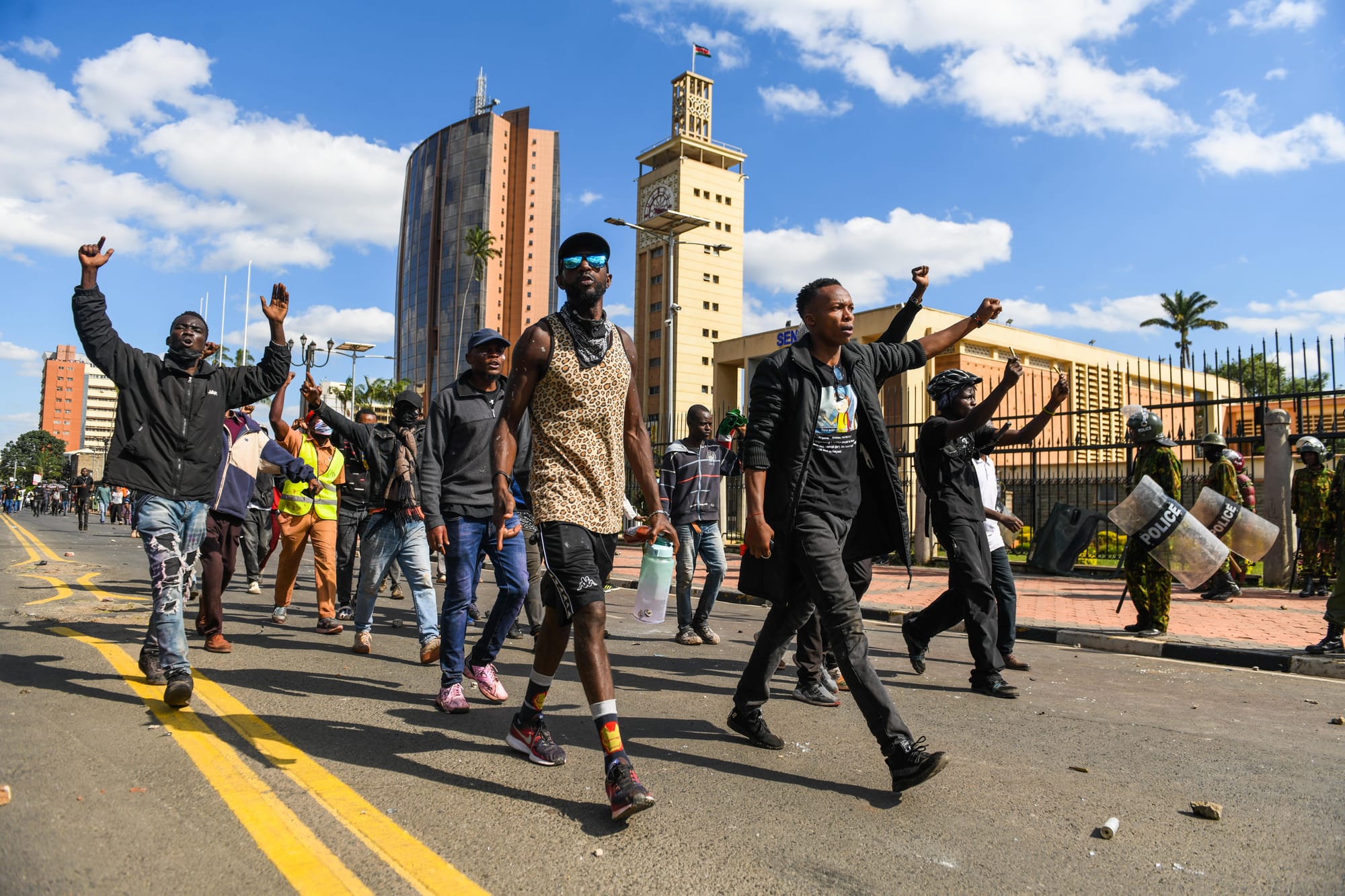
He also said he will work on austerity measures by cutting the presidency’s budget to help address the government debt.
Protesters are vowing to continue to take to the streets and are now calling for Ruto to step down.
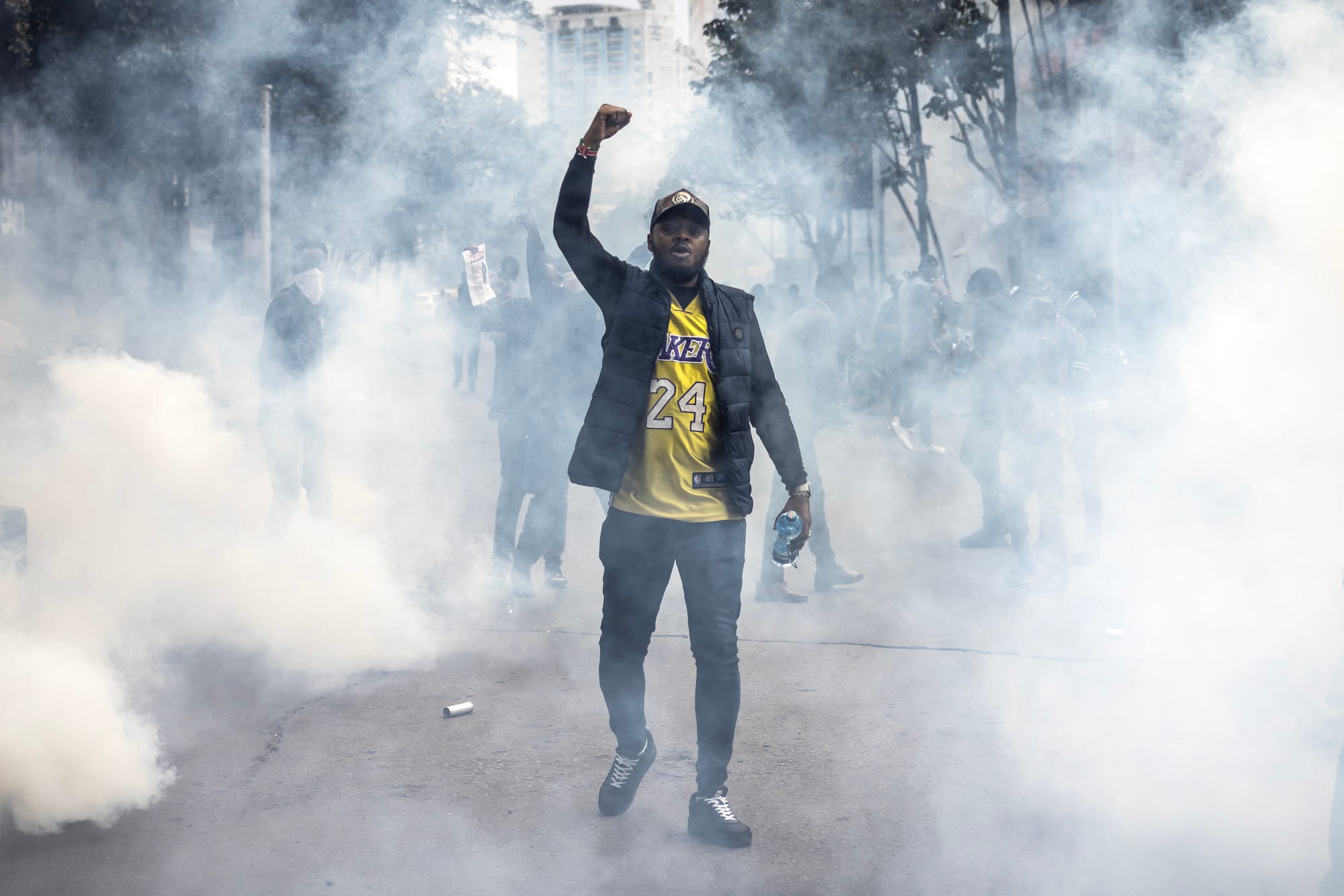
Analysts say Ruto, who has been embraced by the US, is not known for backtracking and the reversal may not be genuine as he may be looking to buy more time, Al Jazeera reported.
Young people in Kenya – and across Africa – are increasingly bearing the brunt of rising unemployment, according to the New York Times.
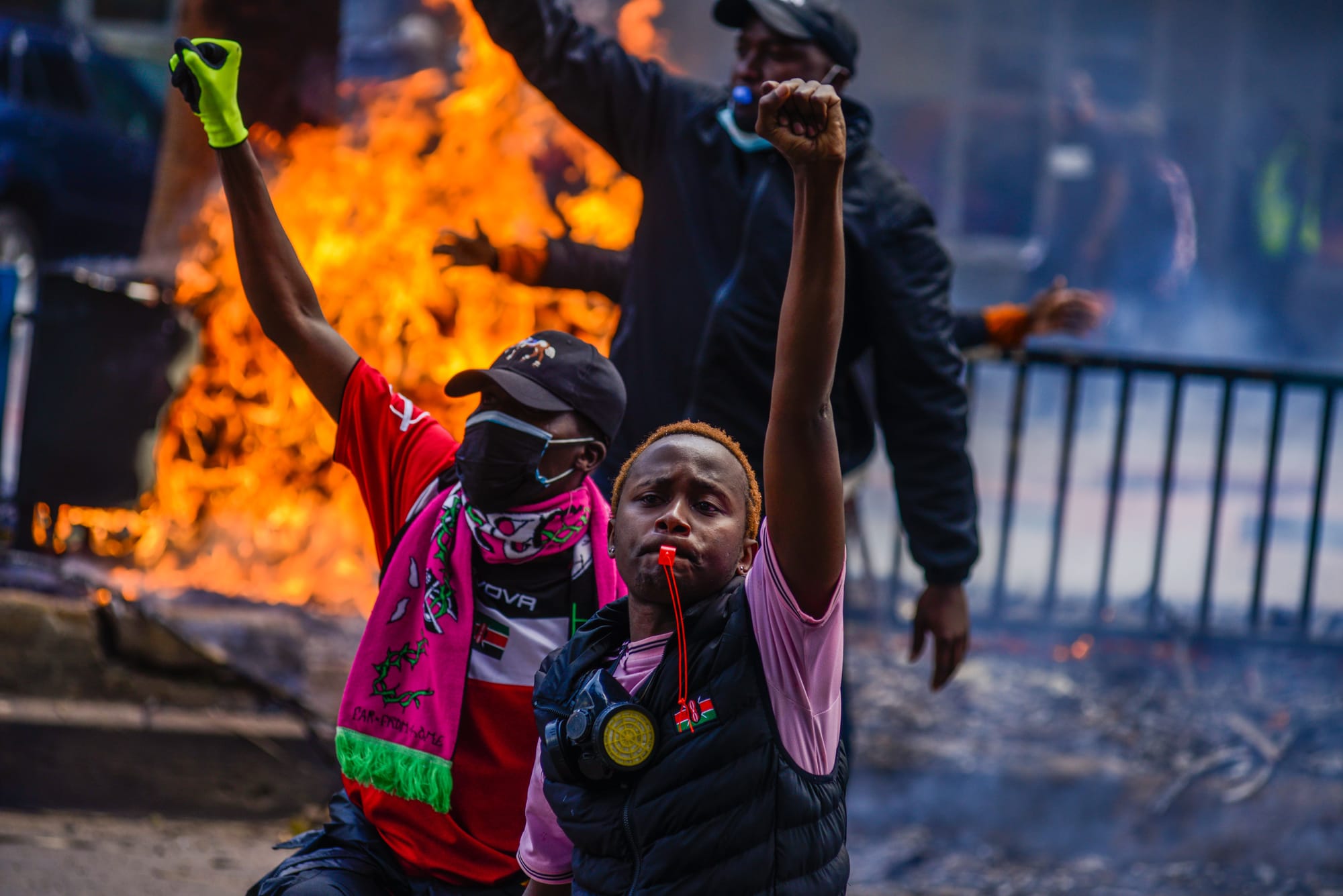
In Kenya, the COVID-19 pandemic, trade disturbances from Russia’s invasion of Ukraine, two consecutive years of drought and the huge national debt have also contributed to high costs of living.
As such, the public has become dissatisfied with Ruto, who had campaigned on raising living standards for people in poverty.
You Might Also Be Interested In
